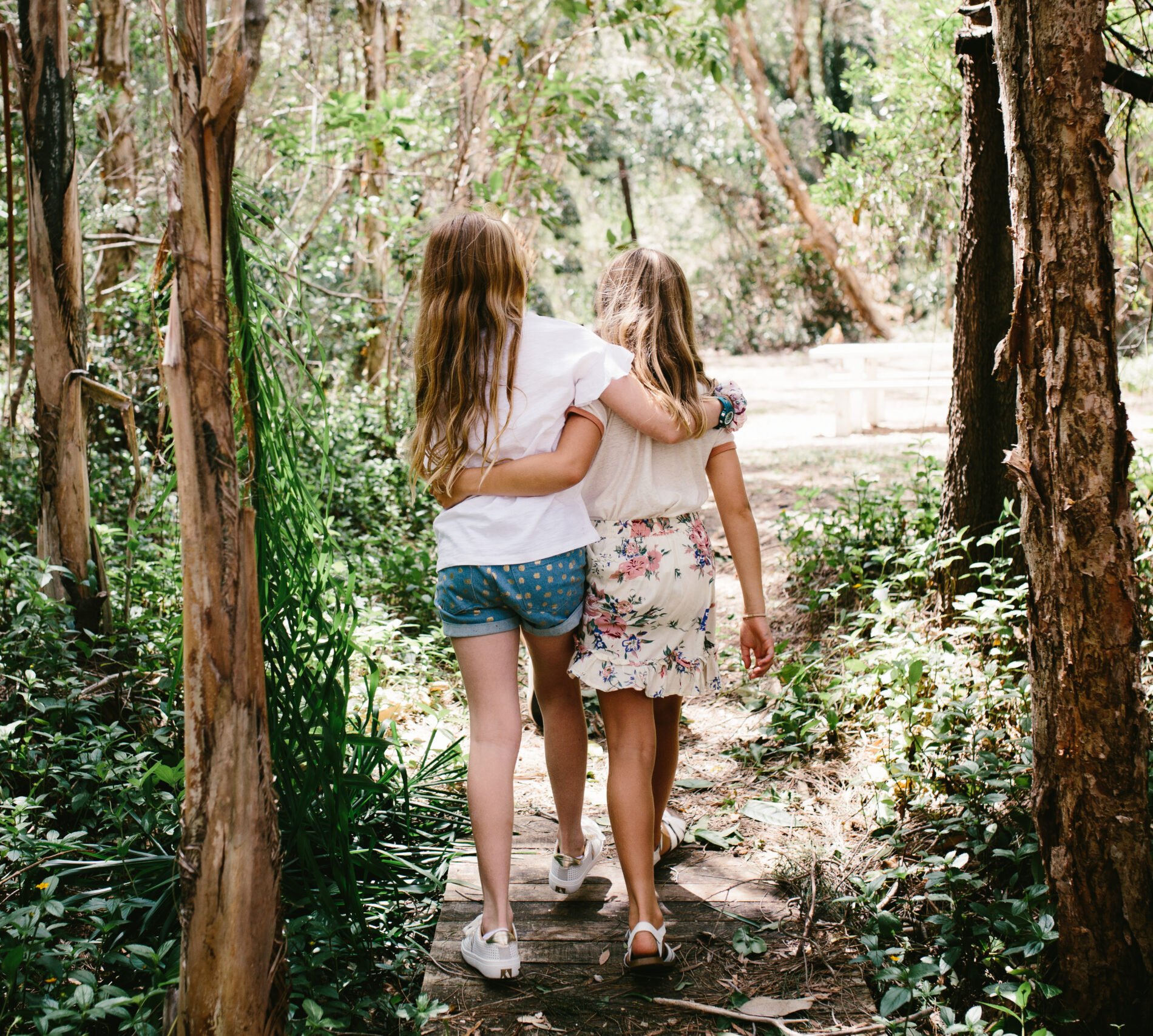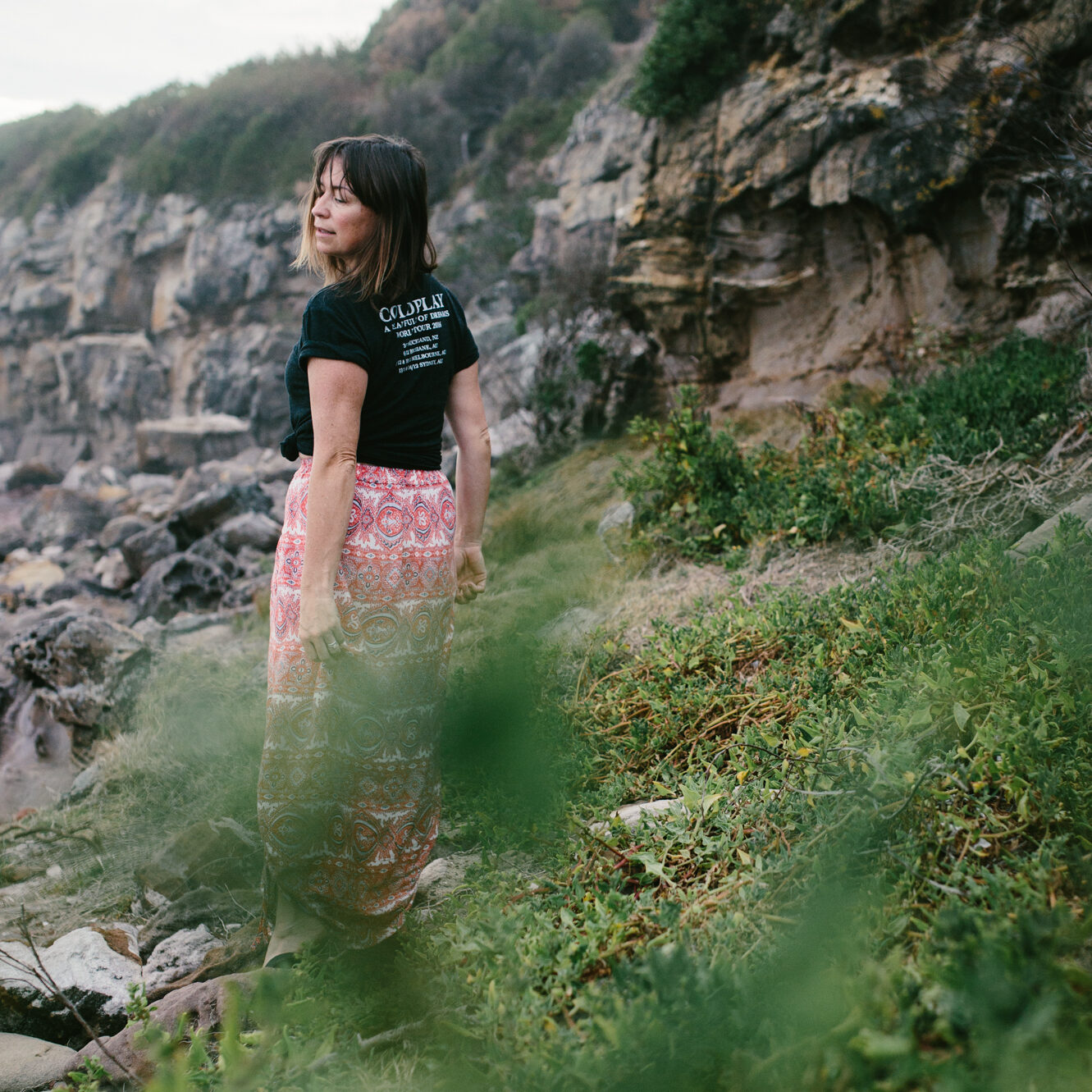
In part one I spoke about how learning about my menstrual cycle in my forties left me feeling sad and ripped off that I didn’t know these things earlier. I went through 20+ years of my life disconnected and uneducated about my body. I don’t want the same for my children.
But Beyond The Cusp is much bigger than that. There’s been other experiences, which have led me to this. Full disclaimer, this particular story has taken me over a year to put out there. I have resisted this a lot. Even as I have come to write this now, I procrastinated reading funny stories on Turia Pitts facebook post, which ironically has a very fitting message about playing big. In my head I can tell this story confidently over and over, but putting it to paper is a whole other story.
Note: This post comes with a trigger warning for sexual abuse.
There are two things I want to point out before I tell my story. Firstly, just like it is being discovered that the gut is the second brain, and much of our health is determined by our gut health, it’s thought that the womb space is our second heart (regardless of whether you still have a physical womb or not). We feel a lot from our womb space.
Secondly, as women, trauma is stored in our womb. Any abuse, shame or guilt, we have encountered (generally from a male) if not dealt with, is stored in our womb space. This may be controversial to some people, but many menstrual problems may be related to past trauma, guilt, fear, rejection of our femininity or a belief that our genitals are sinful, or dirty. I share this because from what I experienced, I cannot deny this.
 Becoming a mother has been a roller coaster of emotions for me.
Becoming a mother has been a roller coaster of emotions for me.
In the darkest moments I have recoiled into knots of anxiety and sunk into pits of depression. I have always trusted my intuition though, and have been led through a number of healing modalities to deal with these issues. Always for me, this has included facing the past. I’ve seen psychologists, naturopaths, doctors, hypnotists, reiki practitioners, holistic counselors and more. Some worked for me, some didn’t. But what has worked has been the consistent work I have done on myself, alongside these healers. It came to a point when I was dealing with depression a few years ago, where I felt disconnected from my womb and my femininity. I grew up in a religious household, and what I felt to be true about my sexuality now, still conflicted with the beliefs I had instilled from childhood. I still held guilt and shame, even though I believed something else now. My sexuality was still repressed.
During this time, I was invited to a yoga retreat in Byron Bay. I was away from my family for a few days, and it was the ultimate self care. The energy in this area was strongly felt, and many of us got our periods early on the stay. I don’t think it was a coincidence that the retreat centre was built on grounds where indigenous women would come to birth, heal and die. It was truly sacred ground. I booked in a massage and reiki session with one of the retreat guests, who was also a healer. I asked her if she could work on my womb space as I was going through a healing process, and wanted more attention placed on this area. If you have not experienced reiki, I encourage you to do it. I’ve had it many times, and each time is different. Often I simply feel more at peace afterwards, but this time was different. In my minds eye I could see vibrant orange, morphing and changing shape, it was really beautiful. And then I felt something be physically removed from the left side of my womb. It was like someone had reached into me and pulled something out. It was the weirdest sensation, but not uncomfortable in any way.
The next day I flew home. I was on an empty flight with nobody sitting in my entire row, nor behind or infront of me. It was the first time I was alone since that reiki session, and all of a sudden I was flooded with memories of an event from my childhood. The memories hit suddenly and vividly. I was two weeks out from my 40th birthday and I was all of a sudden dealing with something that happened when I was 12 or 13. These memories, and the guilt, shame and confusion that came with it, had been well and truly suppressed.
I’d been staying at my mums for the holidays, as I lived with my Dad full time. When my mum would work, my sister and I would hang out with the neighbours, often going from house to house. There was one neighbour who I had a crush on. He was a year older than me. Being an incredibly shy person, I didn’t say much at all, but he knew I liked him. One day we were at his house and he asked me to go upstairs with him. I think I was 12 at the time, so he was either 13 or 14. I went along happy for the alone time. I was not prepared or anticipating that he would tell me to touch him. I was confused. I’d never had a sex talk with either of my parents, but my understanding was that it was sinful if had before marriage, along with other forms of intimacy, with others or along. Even the period talk lasted about two minutes, and was overshadowed by a warning about my grandfather.
He then went on to try to have sex with me. I had no idea what was going on, and I’m pretty sure he didn’t either, as things weren’t as they should be (luckily for me!). In any case it ended quickly when his three year old sister walked in. I remember going downstairs wondering what just happened, feeling quilty, thinking I had done something wrong. I went straight home, never told anybody about it, and quickly got it out of my mind whenever a thought arose.
When all of the memories surfaced on that plane ride home, I still didn’t know what to make of it. What it even was. When I contacted my close friend, who was a social worker in this area, she helped me gain some much needed clarity. It was emotionally exhausting to allow it to all come up, and I was completely drained the next day. My period that next day was also a colour and consistency I had never experienced. I had no doubt my womb was clearing the trauma.
So what does all this have to do with teaching girls about periods?
Many of us struggle with bringing up conversations around puberty and periods. Thinking a period chat also means a sex chat. We feel embarrassed, awkward, unsure. We wonder if they are ready or how much we need to tell them. We might expect that they will learn at school what they need to learn. But if we can’t talk to our children about how a healthy female body works, how then can we talk to them about the real hard stuff. If our children have never had a conversation about bodies with us, will they feel comfortable coming to us for the real hard stuff?
If conversations haven’t been had openly about our changing bodies, how then do we talk to our children about consent, pornography, what a healthy relationship looks like, boundaries, or how to know themselves first before sharing themselves with others. Our children need to know that the door is open for ongoing conversations. If we don’t give them the information, they WILL get it from somewhere else, and this may not be the kind of information that you want them to hear or believe.
These are all hard topics, but by opening up these conversations, we are empowering our girls to know, love and trust their bodies in a way that we never knew at the same age. They should never have to go through the same things that so many of us have endured.
It is said that every woman who heals herself, heals all the women who came before her and all the women who come after her. And like I’ve shared before, in the words of Amy Taylor Kabbaz “You know that what you’ve been through had a purpose, and you feel the pull to make sure others don’t go through the same pain.”⠀
Part Three of my journey to teaching girls about the periods coming soon.
You can see part one here.
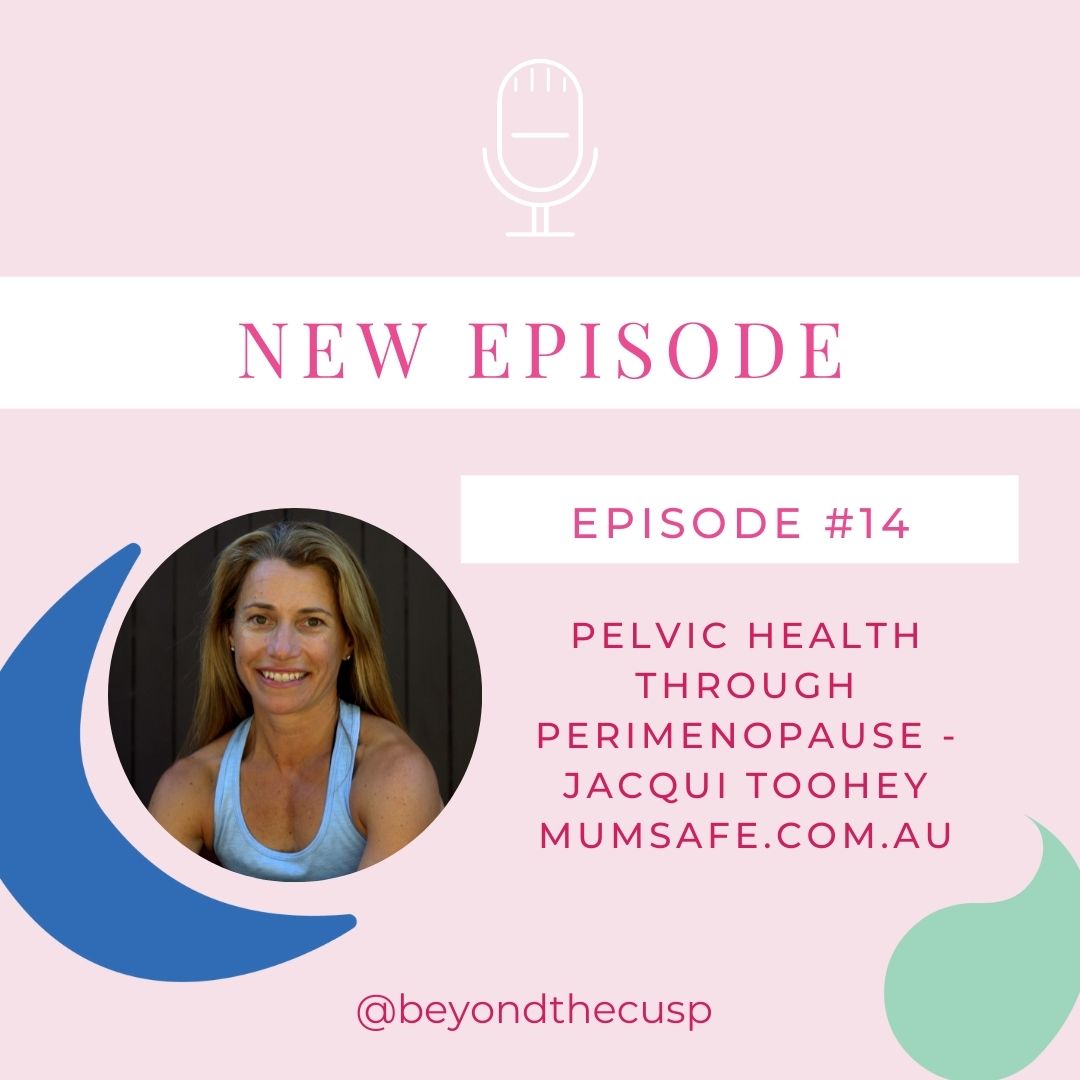


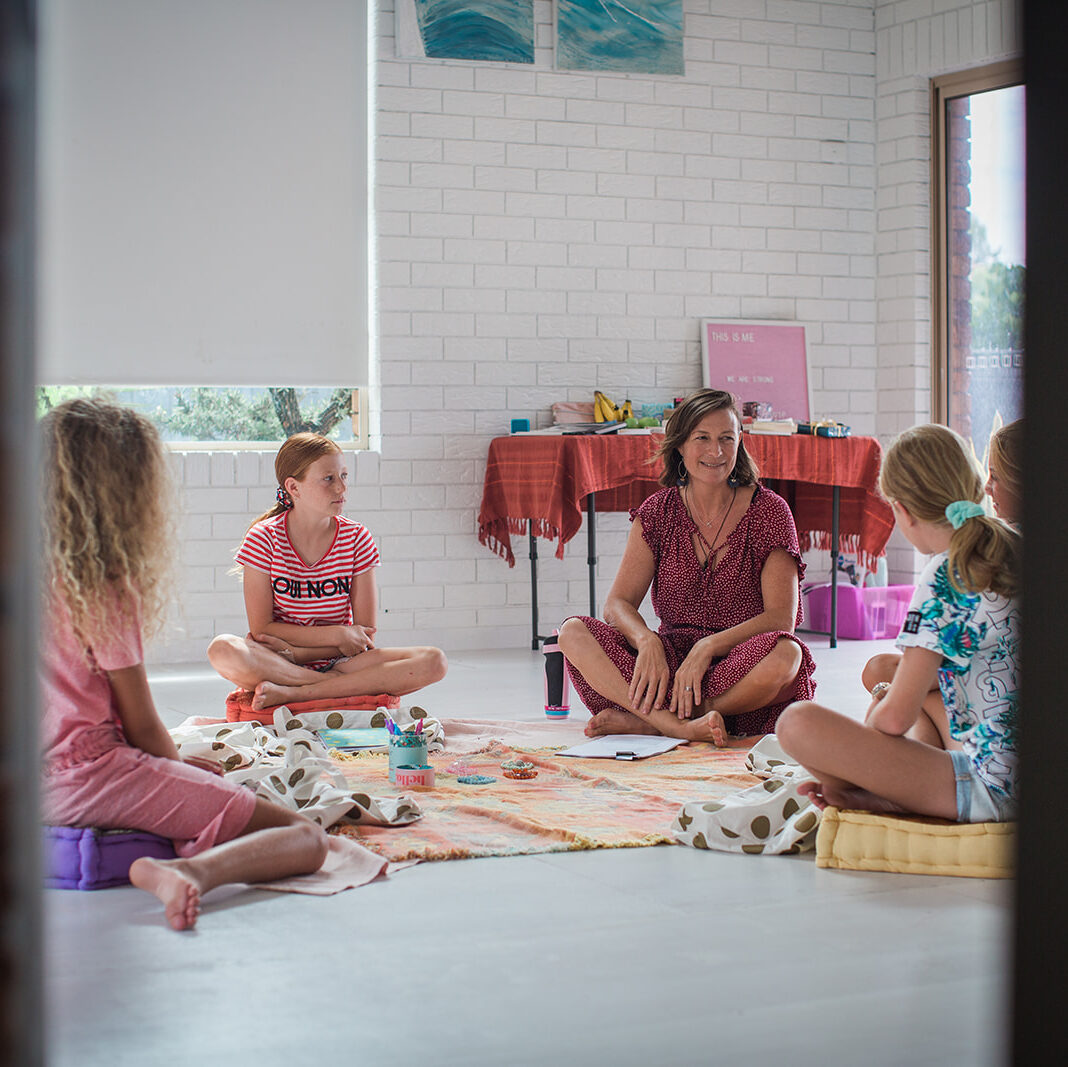

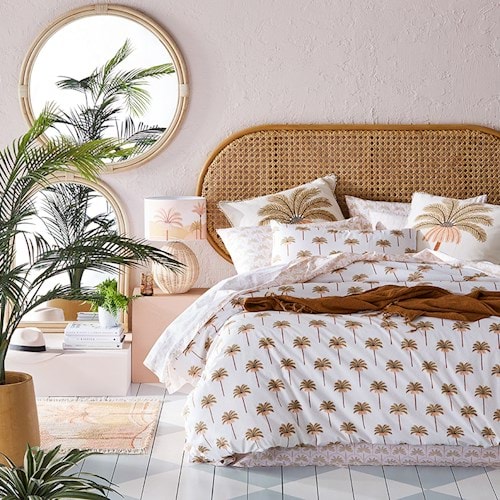
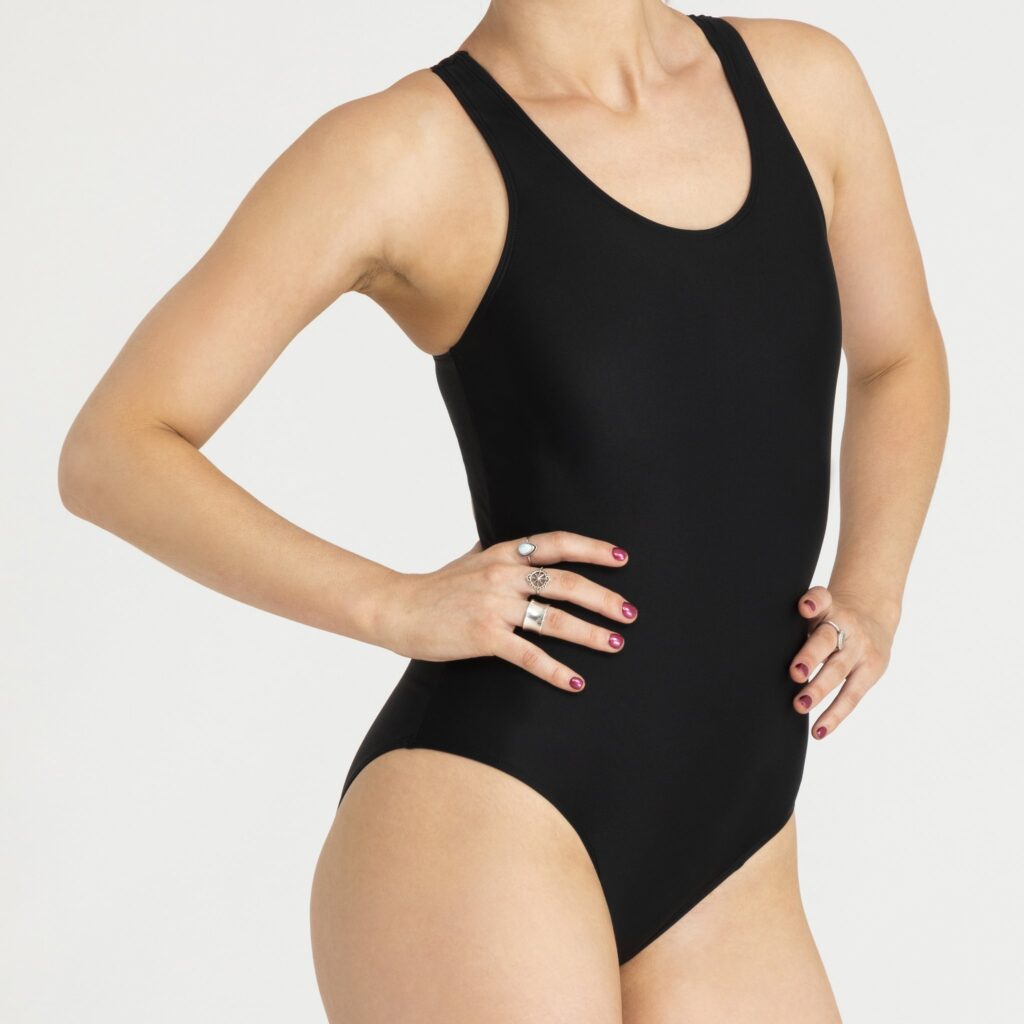
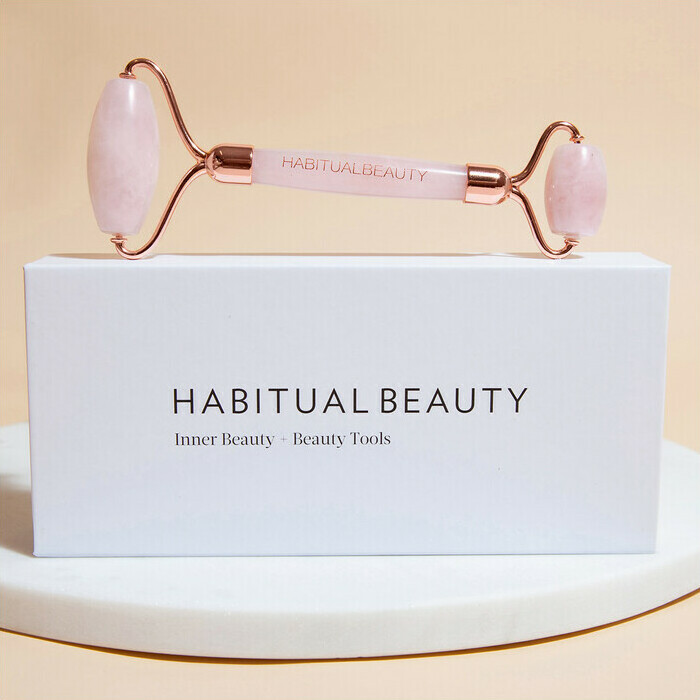
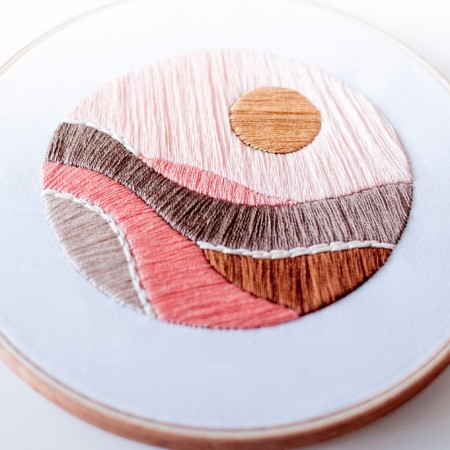
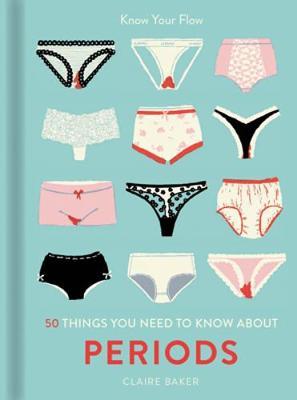
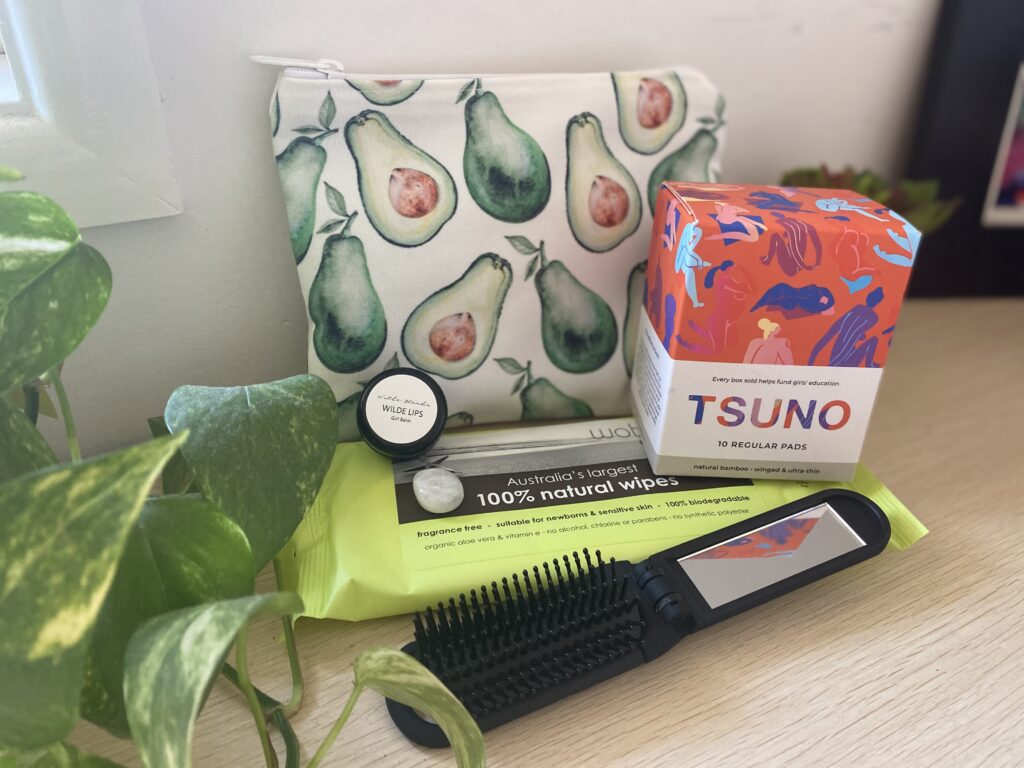
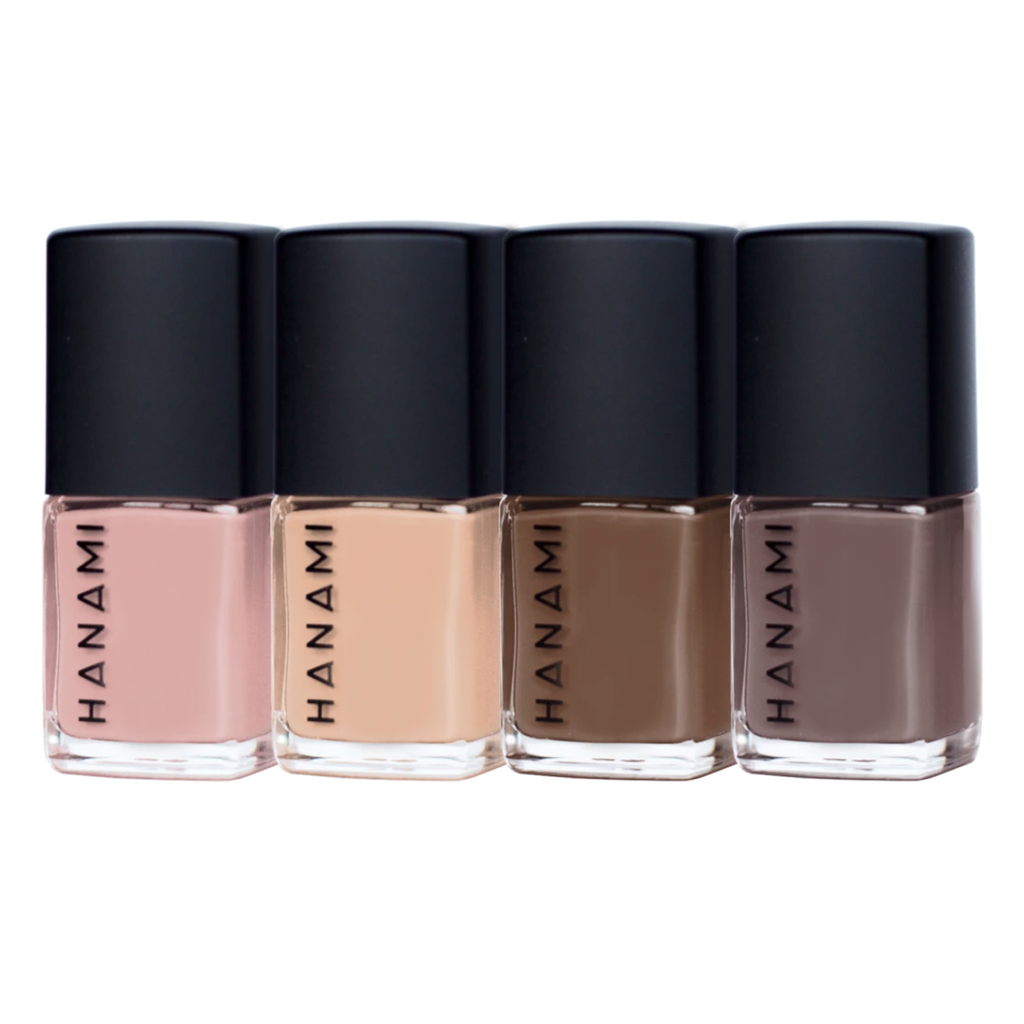
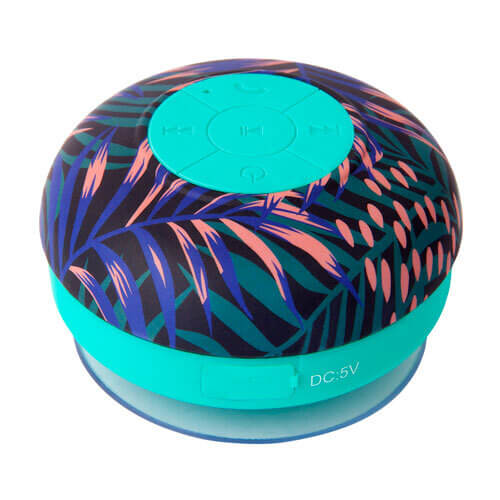
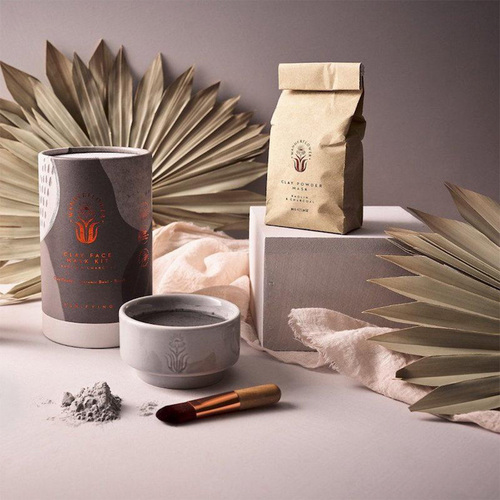
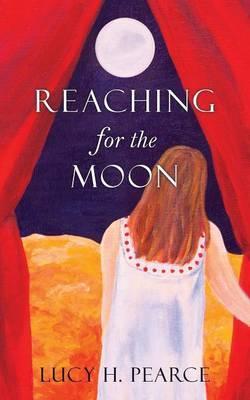
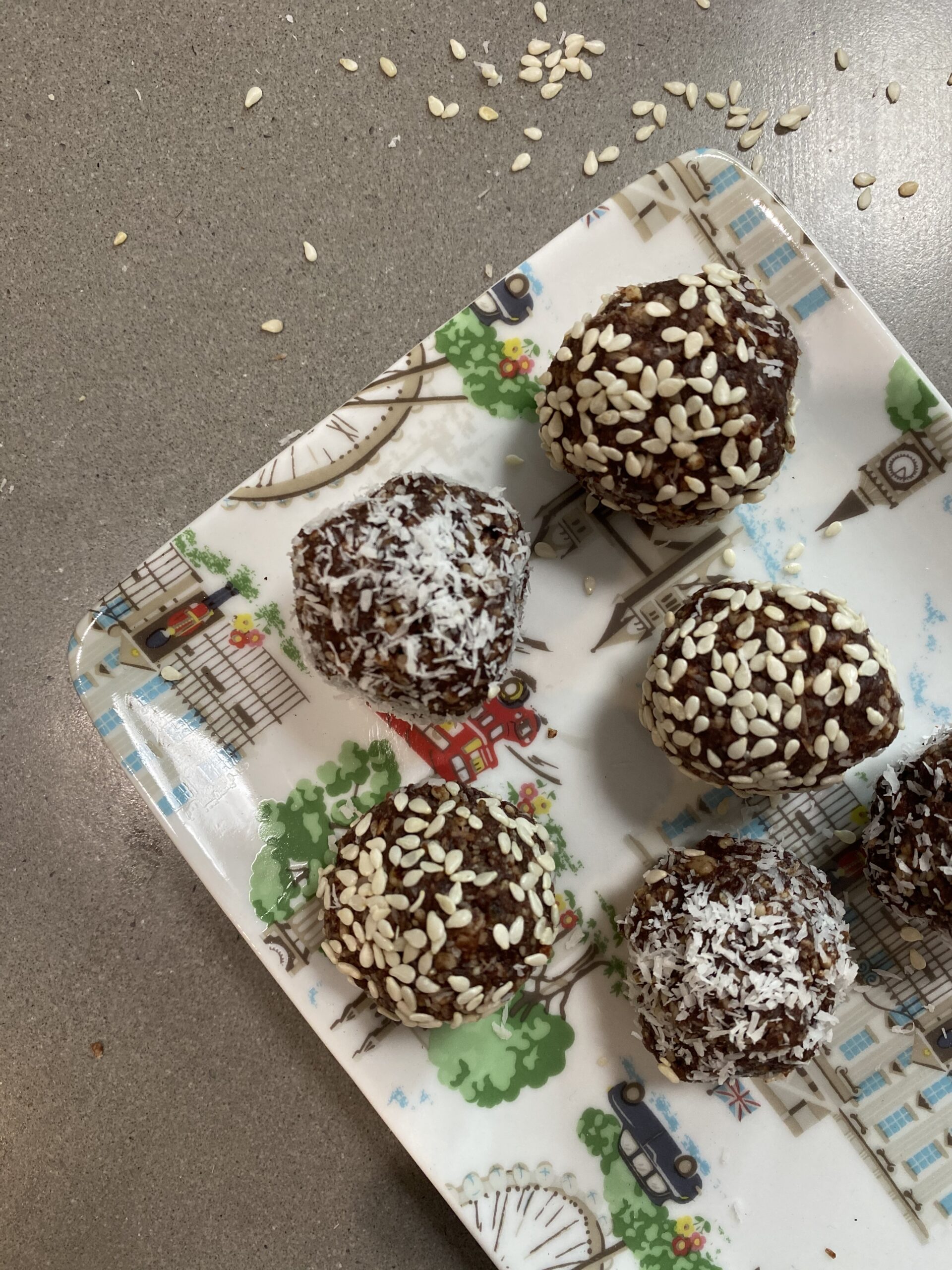
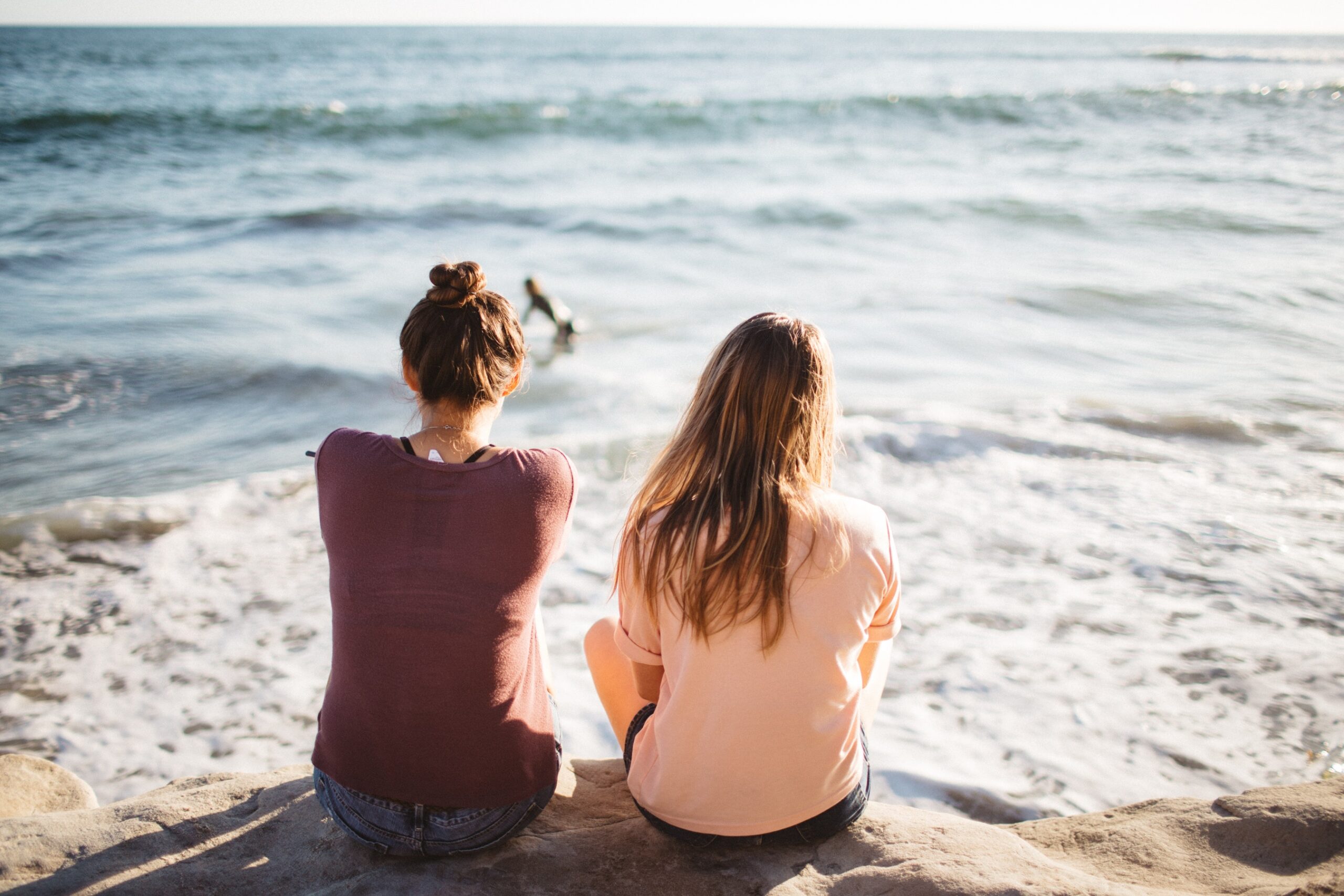
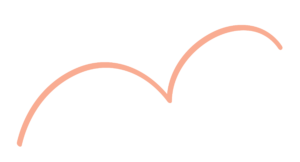
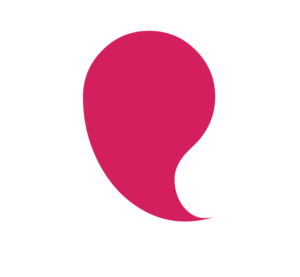 l cycle is not only about when you’ll get your period, it’s an overall look at your whole wellbeing. If things are going wrong hormonally, the menstrual cycle is often where the signs will first show up. With a good picture of how the menstrual cycle looks for each individual, you will be able to take these along to your health practitioners for the right support.
l cycle is not only about when you’ll get your period, it’s an overall look at your whole wellbeing. If things are going wrong hormonally, the menstrual cycle is often where the signs will first show up. With a good picture of how the menstrual cycle looks for each individual, you will be able to take these along to your health practitioners for the right support.
 Becoming a mother has been a roller coaster of emotions for me.
Becoming a mother has been a roller coaster of emotions for me. 